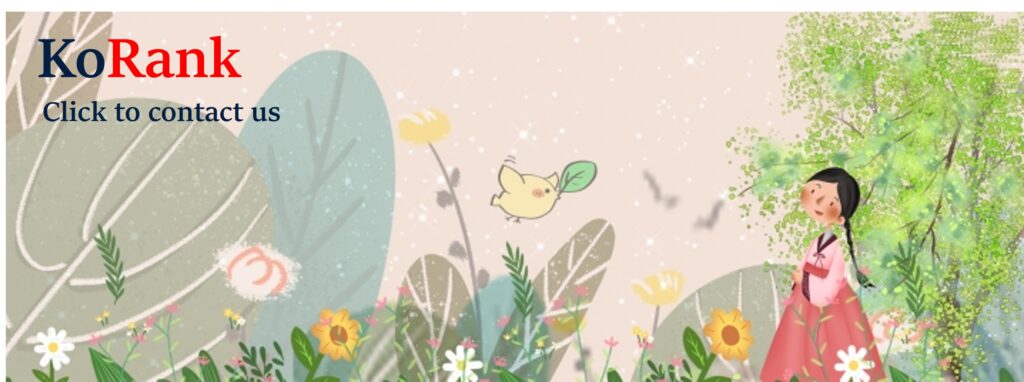Best Beauty Apps in Korea – Trusted by Consumers August 2025
When it comes to the beauty market, Korea is more than just a global trendsetter in skincare and makeup—it is also a hotbed of innovation in mobile commerce. For international marketers, keeping an eye on beauty apps in Korea offers a clear window into how digital platforms influence consumer decisions in one of the world’s most competitive markets. From vertical commerce platforms that integrate beauty products into lifestyle shopping, to specialized Korean beauty apps dedicated solely to product reviews and rankings, Korean consumers rely heavily on mobile apps before making a purchase.
The popularity of these apps highlights two major factors. First, Korean consumers value transparency and trust. Rather than relying solely on glossy brand campaigns, they seek peer reviews, rankings, and user-generated content to validate their purchase decisions. This explains the consistent success of apps like Hwahae, which surpassed two million installs by providing ingredient analysis and honest user reviews. Second, the rise of vertical commerce platforms such as Ably, Olive Young, and Musinsa shows how lifestyle shopping apps are increasingly competing with beauty-only services. These platforms use their large user base and cross-category offerings to dominate the beauty app space.
In 2025, the rankings reflect this dual trend. On one side, trusted beauty review apps like Hwahae, Memebox, and Glowpick maintain strong influence among consumers who want credibility. On the other, large commerce platforms like Ably, Olive Young, and Musinsa are pushing into beauty with aggressive expansion strategies. A new entrant, Beautikurly, is also disrupting the scene by introducing luxury and overseas beauty brands, adding further diversity to the market.
For global marketers, the implications are clear: Korean consumers are highly digital, deeply research-oriented, and loyal to apps that offer both convenience and trust. Understanding which Korean beauty apps dominate consumer attention is not only a way to track market share—it’s a roadmap for building credibility in a market where authenticity drives sales.
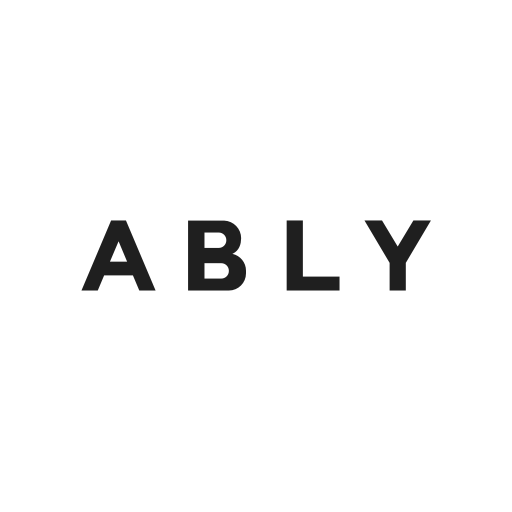
Ably: Leading Vertical Commerce with Massive Reach
Ably has rapidly established itself as one of the dominant beauty apps in Korea, particularly among younger women. As of July 2025, it led all vertical commerce apps in monthly active users (MAU), with 9.18 million users—edging out Olive Young and Musinsa. CM Asiae While it began focused on fashion, Ably has pushed heavily into beauty product categories, integrating cosmetics alongside clothing and accessories. Its interface, personalized feeds, and curated selections make it feel more like a lifestyle discovery app than a pure beauty store.
Demographically, Ably’s user base skews female and younger: many users are in their late teens to 30s, drawn to style-driven visuals, trend awareness, and product discovery. It has also seen rapid growth among older young adult groups as its beauty offerings expand. For global brands, Ably represents an opportunity to launch products via trend-focused visuals, influencer tie-ups, and localized content. The app’s growth and user reviews suggest that launching new beauty items here yields strong visibility if you can align with their curated, aesthetic-driven expectations.
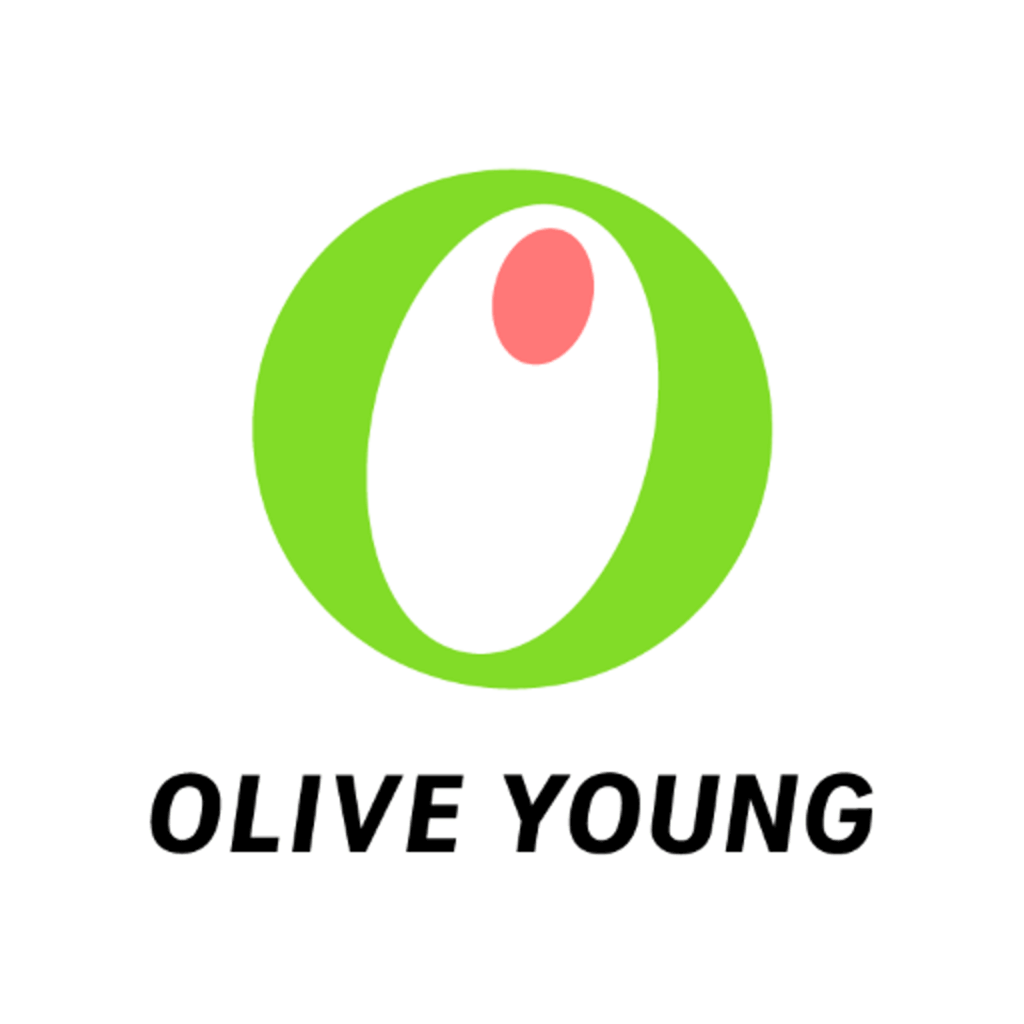
Olive Young: Trusted Omni-Channel Beauty Platform
Olive Young is a major player among Korean beauty apps, blending online and offline presence in a way few others can. Its app is an extension of its large retail network of stores, combining convenience, broad product assortment, and brand recognition. Users trust Olive Young not just for selection, but for authenticity: the products in stores are often exactly those seen in the app, reinforcing trust in quality and origin.
In the latest rankings, Olive Young comes just behind Ably in MAU, showing that Koreans appreciate apps tied to a physical retail footprint. The platform appeals strongly to users in their 20s and 30s who value both browsing and in-store pickup, brand promotions, and sampling. Because the app is anchored by offline visibility, many consumers refer to Olive Young when they want legitimacy and verification. For international brands, leveraging Olive Young means tapping into established consumer confidence — launching beauty SKUs through the app often means benefiting from demo reviews, in-store visibility, and integration of offline/online loyalty programs.
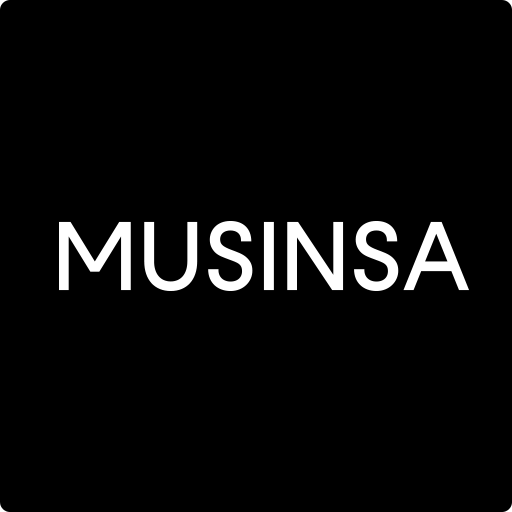
Musinsa: Fashion Platform Expanding Deeply into Beauty
Musinsa traditionally focused on streetwear and style commerce, but it has been steadily expanding its reach among beauty-product shoppers. While not a dedicated beauty app alone, Musinsa’s move into cosmetics and skincare categories places it among the top beauty apps in Korea by user numbers. It benefits from a strong fashion heritage, visual curation, and brand credibility — this gives it an edge when customers purchase beauty items that also express style or personality.
Its demographic tends to skew young adults, especially those who already shop fashion online and are likely to see beauty as part of their overall look. This makes Musinsa ideal for beauty products positioned around aesthetics — limited-edition design, collaborations, visual packaging, and influencer endorsements. Brands that want to reach trend-sensitive consumers should consider product launches or collabs via Musinsa to tap into both style consciousness and beauty purchasing behavior.
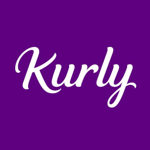
Beautikurly: Premium & Global Beauty Offerings
Beautikurly (Beauty Kurly) has embraced differentiation by focusing on premium, overseas, or luxury beauty brands not always easy to access in Korea. As a result, it appeals to consumers who want novelty, international skincare brands, and differentiated ingredients. Even though its user base is smaller than general vertical commerce apps, its users tend to be more niche, more willing to spend, and more brand-conscious.
For global beauty brands, Beautikurly represents a strategic entry point: it allows you to test premium price points, niche or indie branding, and international appeal. Users here will often research ingredients, look for novelty, and expect authenticity. Beauty apps in Korea with a premium bent like Beautikurly may not offer mass reach, but they offer depth of engagement and potential for halo branding effects — once a brand is recognized here, its prestige can carry into broader vertical platforms.
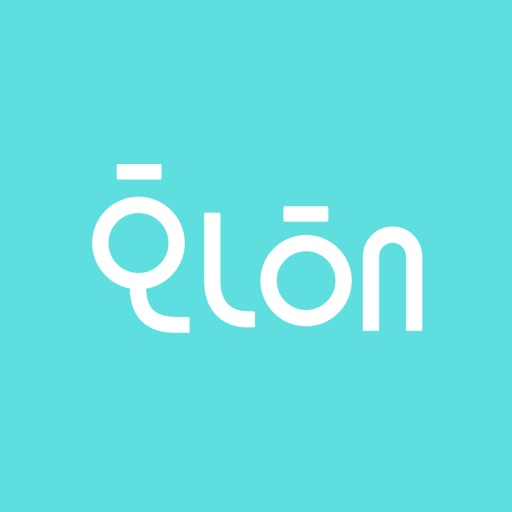
Hwahae: Korea’s Beauty Review & Ranking Authority
Hwahae is widely regarded as one of the most trusted Korean beauty apps for product reviews, ingredient transparency, and user-based rankings. Its “K-Beauty rankings” by category, skin type, and age are powered by authentic user reviews—which many consumers examine closely before making purchases. The platform is known for its Transparency in filtering out fake / paid reviews, making it a go-to source for trust. Hwahae
Hwahae’s demographic covers broad age ranges, but it is particularly strong among those aged 25-40 who care about ingredients, dermatological concerns, and detailed peer feedback. Brands entering or scaling in Korea will benefit from positive reviews on Hwahae: being well-ranked here can influence visibility, trust, and ultimately sales. For marketers, Hwahae offers insights into what Koreans actually care about — be it efficacy, formulation, or ethical standards — beyond trendiness or packaging.
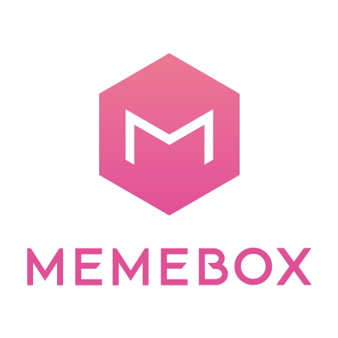
Memebox: Driving Discovery with Curated Experiences
Memebox stands out among beauty apps in Korea for its unique approach to product discovery. Instead of acting purely as a marketplace, it has built a reputation around curated beauty boxes, limited-edition drops, and exclusive collaborations. This strategy makes it especially attractive to consumers who enjoy experimenting with new brands or trying trend-driven products without committing to full sizes. The app has become a bridge between emerging international labels and Korean consumers, often serving as the first introduction point for niche beauty products.
Its core user base tends to be trend-sensitive women in their 20s and early 30s, who actively share experiences on social media and online communities. For global marketers, Memebox offers more than just distribution—it is a testing ground for gauging consumer reactions, collecting valuable feedback, and creating buzz around novelty products. Being featured on Memebox can quickly elevate a brand’s visibility and help it build early traction in the competitive Korean beauty market.
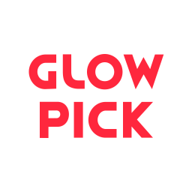
Glowpick: Consumer Awards and Data-Driven Trust
Glowpick is widely recognized as one of the most influential Korean beauty apps, known for its consumer-driven rankings and annual beauty awards. Unlike many other platforms, Glowpick places a heavy emphasis on user reviews, data aggregation, and transparent evaluations. Its rankings are treated as an authoritative voice within the industry, often covered by local media and referenced by influencers when recommending products. For consumers, Glowpick is not just a shopping app but a trusted resource to validate product performance before purchase.
The app attracts a broad age range, from teens exploring makeup to professionals in their 30s and 40s investing in skincare. Glowpick’s power lies in its ability to influence what becomes the next “it” product—brands that rank highly often experience surges in sales and recognition across the market. For international beauty marketers, Glowpick should be seen as both a barometer of Korean consumer sentiment and a gateway to credibility. Strong performance here signals authenticity, trust, and quality—key factors in a market that places high value on peer validation.
Why Beauty Apps in Korea Shape Global Marketing Strategies
The landscape of beauty apps in Korea is more than a distribution channel—it is a reflection of how trust, data, and consumer-driven rankings influence purchasing decisions in one of the world’s most trend-sensitive markets. From Haul-driven communities like Memebox to review-based leaders such as Glowpick, these platforms have reshaped the path to purchase by giving consumers both discovery and validation in one place. Unlike traditional retail, beauty apps allow brands to see in real time how products are being received, whether through installation data, user feedback, or ranking movements.
For global marketers, this ecosystem is invaluable. A strong presence on trusted Korean beauty apps signals credibility, while high visibility in rankings often translates directly to brand awareness and sales growth. As competition in skincare and cosmetics continues to intensify, especially with fashion and lifestyle apps expanding into beauty, marketers cannot ignore the influence of these digital platforms. Success in Korea increasingly depends on navigating not just retail shelves, but also the digital reputation economy built within these apps.

